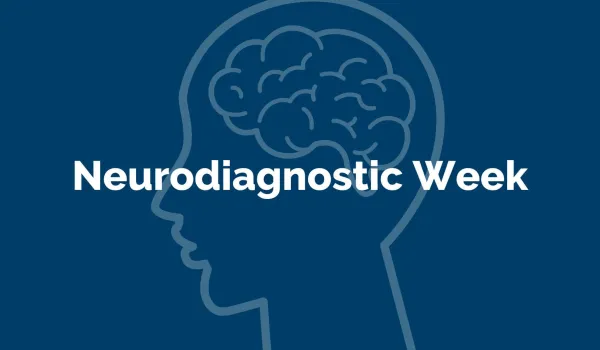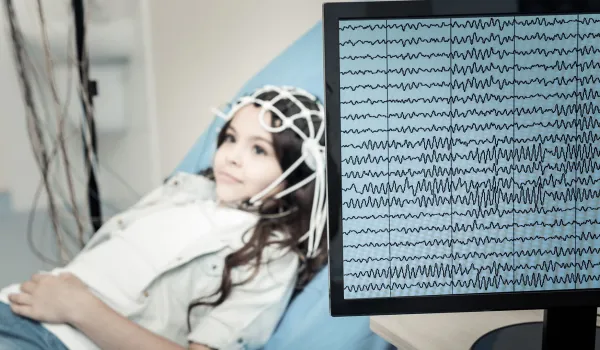Concorde Staff

The rise of social media over the last several years has brought with it many advantages. It's connected people in ways not seen before and provided billions with information and knowledge they might not have had access to... at least, information not accessed so easily. We're certain it's allowed thousands of Concorde graduates and current students avenues to stay connected in health care awareness and in touch with current or former classmates and instructors.
But, have you ever considered the implications of what you write or post on social media and how it could affect your career and/or career prospects?
It's worth considering. According to CareerEnlightenment.com, 79 percent of hiring managers and job recruiters review online information about job applicants before making a hiring decision. Of those, 70 percent said they have rejected candidates based on the information they found online.
That means there's a very high likelihood a prospective employer will be one day doing a sort of amateur background check on you. So, before you recklessly upload a bunch of pictures from last weekend's party, or submit your latest 140-character missive degrading your last boss, it's probably worth stopping for a few moments to consider the possible consequences.
Just as Concorde students and graduates keep health care awareness at the forefront of their thoughts as they continue training in health care and pursuing health care degrees, so should they be aware of the possible pitfalls in using social media.
What you post has lasting implications
According to a September 2011 blog on the website of gotwww.com, a strategic internet marketing consulting service, in June of that year, the Federal Trade Commission gave its blessing to background check companies that screen job applicants based on their use of social media.
"We store records for up to seven years as long as those records haven't been disputed," said Social Intelligence COO Geoffrey Andrews.
HIPPA and Health Care
The Health Insurance Portability and Accountability Act of 1996 (HIPAA) gives patients rights over their health information. It sets rules and limits on who can look at and receive patients' health information.
While it went into effect more than 20 years ago, it's scope has evolved as society advances. It's one of the reasons professional organizations, like the National Council of State Boards of Nursing, have outlined and adopted a set of guidelines that specifically address social media.
Considerations Before Pressing Publish
Under HIPAA, a breach or violation is an impermissible use or disclosure under the Privacy Rule that compromises the security or privacy of the protected health information (PHI).
The NCSBN notes that even well-intentioned messages can be a violation of HIPAA. In a recent brief, A Nurses Guide to the Use of Social Media, they highlighted this case study:
As a licensed practical nurse for more than 20 years, Bob knew the importance of safeguarding a patient's privacy and confidentiality. One day, he used his personal cell phone to take photos of Claire, a resident in the group home where he worked. Bob received permission from Claire's brother to take the photo since she was unable to give consent due to her mental and physical condition. That evening, Bob ran into William, a former employee of the group home. While catching up, he showed William the photo of Claire and discussed her condition with him. The administrator of the group home later learned of Bob's actions and terminated his employment for breach of confidentiality.
Healthcare Compliance Pros also outlined some common examples of social media HIPAA violations.
They include:
- Posting verbal "gossip" about a patient to unauthorized individuals, even if the name is not disclosed.
- Sharing of photographs, or any form of PHI without written consent from a patient.
- A mistaken belief that posts are private or have been deleted when they are still visible to the public.
- Sharing of seemingly innocent comments or pictures, such as a workplace lunch which happens to have visible patient files underneath.
Some Do's and Don'ts
According to the gotwww.com blog, the following is a shortlist of a few things to avoid when posting online.
- Don't bad mouth your current or former employer, your co-workers, or your clients- Well, duh, you say? But oftentimes the most obvious advice goes unheeded. Who wants to hire someone who might later rip you in a public forum? Also, think you can avoid detection by regulating who can see your posts? Think again. The tech-savvy have innumerable ways of getting around your privacy settings.
- Don't be negative- Know the old cliche, "If you don't have anything nice to say, don't say anything at all?" Well, that especially holds true in the business world, where people often have bigger egos and longer memories.
- Don't be overly argumentative- Want to show everyone around you how smart you are? Well, not many want your intelligence rammed down their throats. If you really want to defend your opinions to someone, do it the old-fashioned way - face to face.
- Keep it G-rated- Avoid abusive language at all costs. And, stay away from crude jokes and curse words. It defines your character ... and doesn't speak well of you. This also applies to pictures. Don't post anything provocative, or any content that suggests drinking or drug use.
- Spell check- It tells volumes about how intelligent you are and how diligent you are at making sure you get the details right.
All this is not limited to job applicants, however, those in health care training, pursuing health care degrees. Business owners or executives also need this bit of health care awareness. Your social media footprint is accessible to potential customers and partners. What you post or write can totally affect how you're perceived by those in your community.
Know Your Health Care Employers' Expectations
Whether you're completing your externship hours for your health care training program as a Concorde student or are well-established in your career, know what your specific employers outline as acceptable use.
Exercise common sense when posting, but also err on the side of caution. If you have hesitation about whether it's permissible to post, ask for permission. You'll never be sorry since HIPAA violations often carry fines and disciplinary action.
And most important, never stop learning. Because just when you think you know it all, everything around you will change again.

Take The Next Step Towards a Brighter Future
We have a Concorde representative ready to talk about what matters most to you. Get answers about start dates, curriculum, financial aid, scholarships and more!



